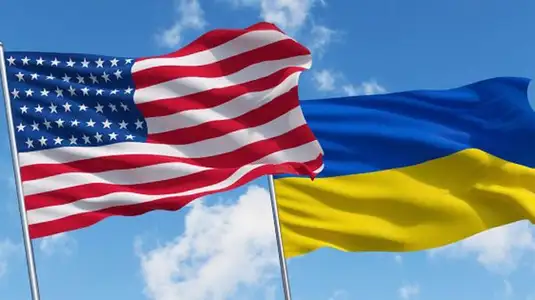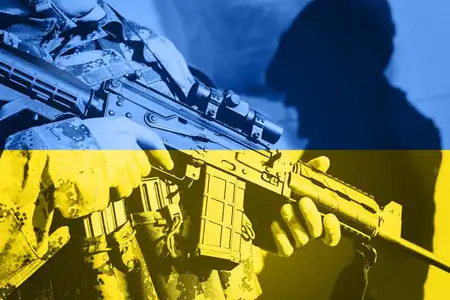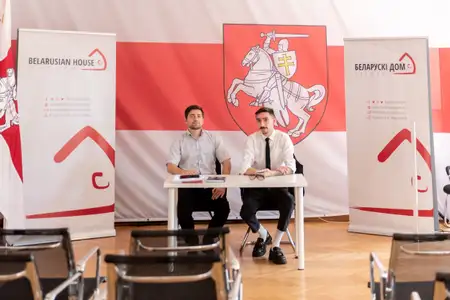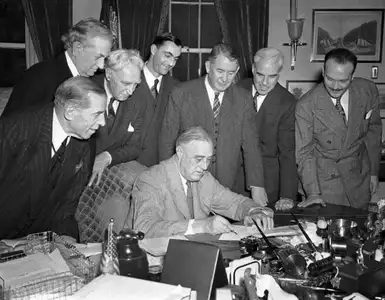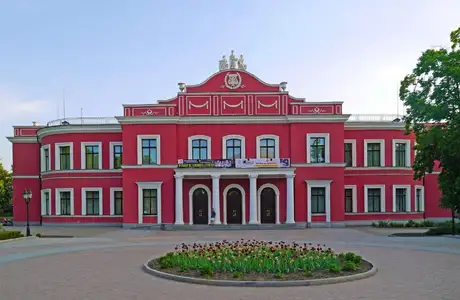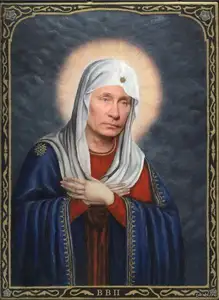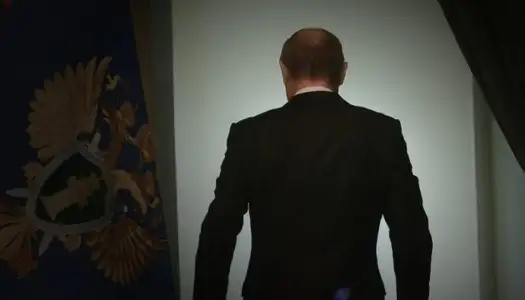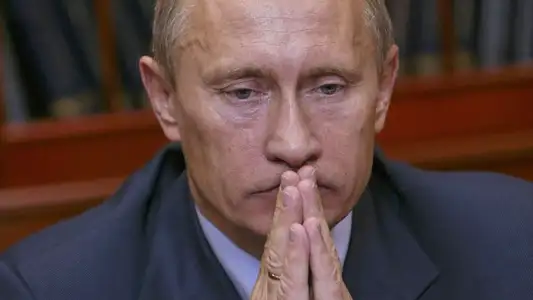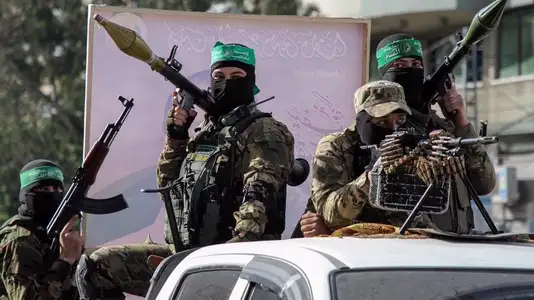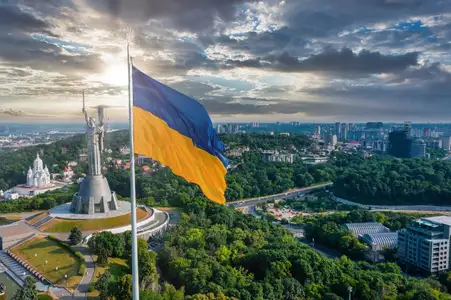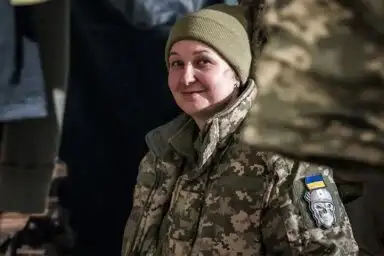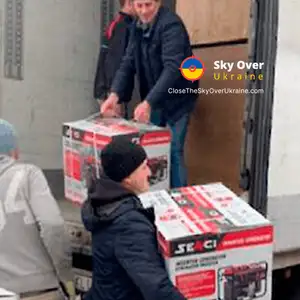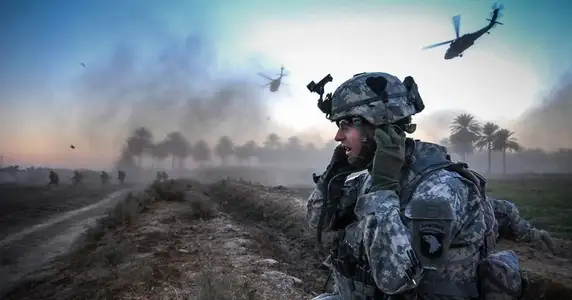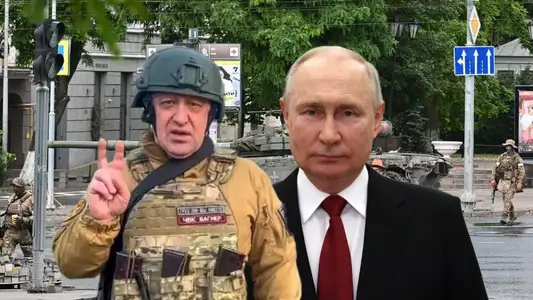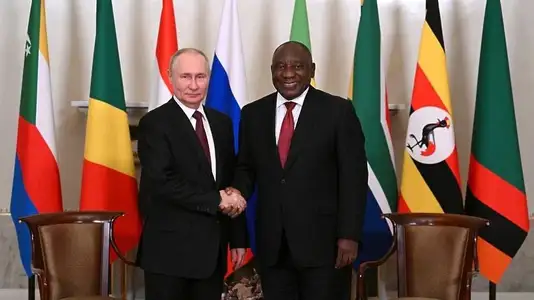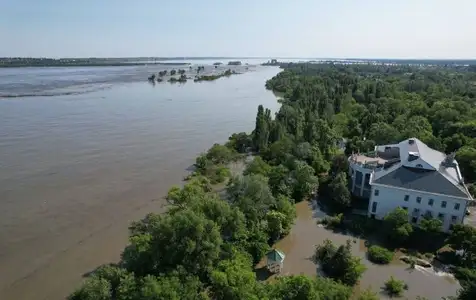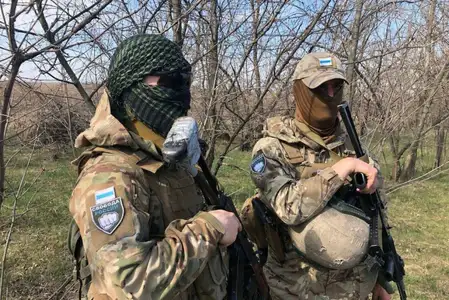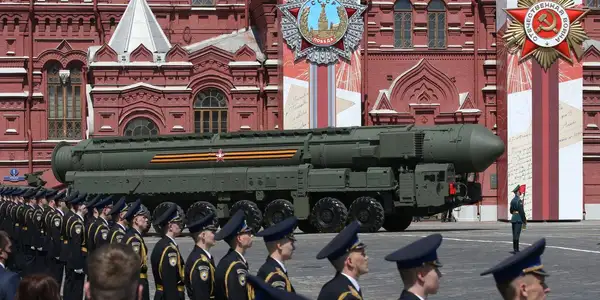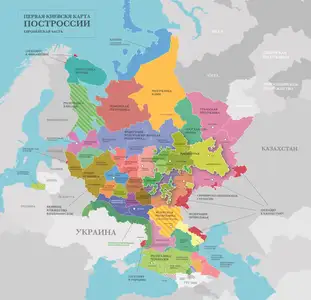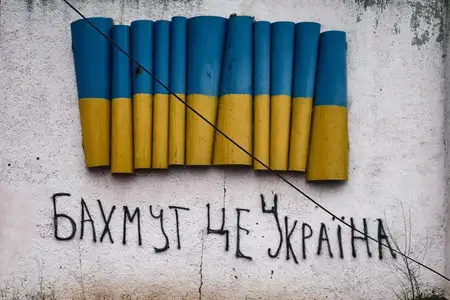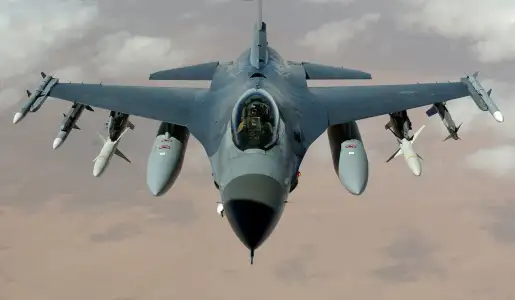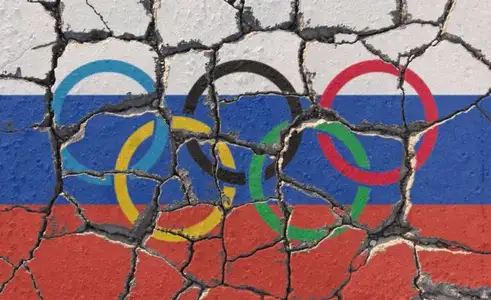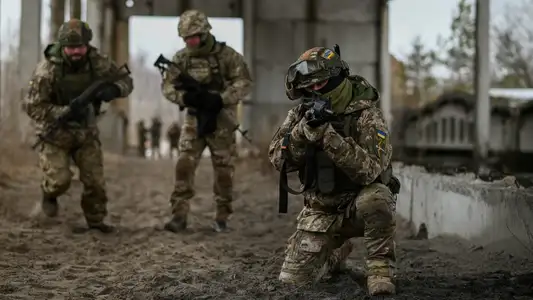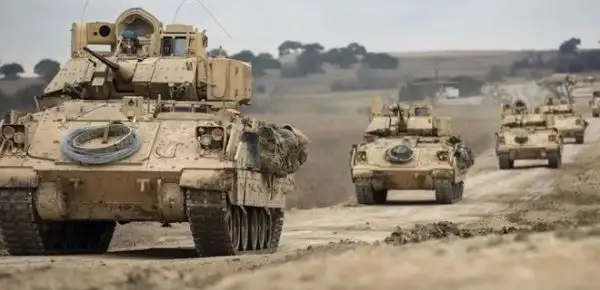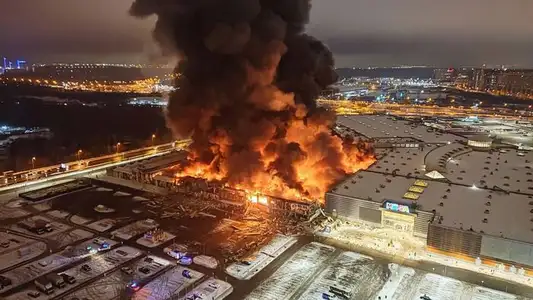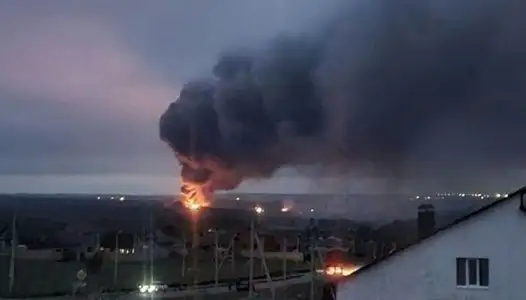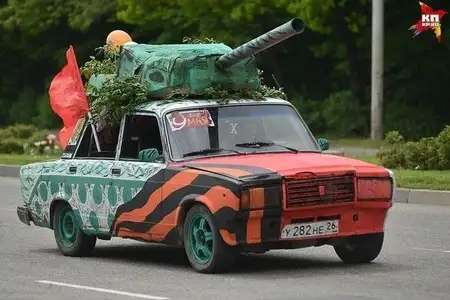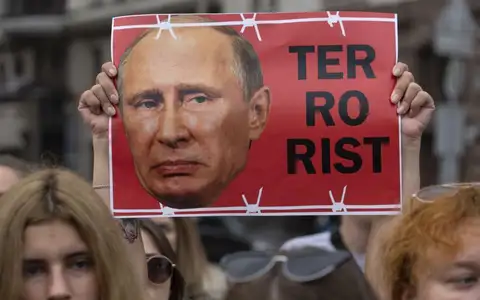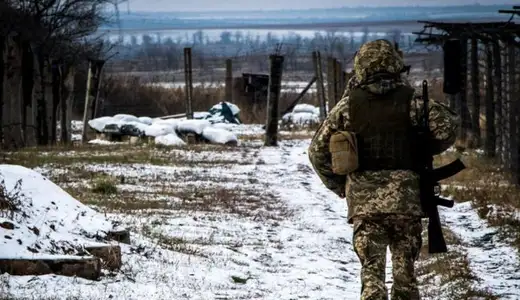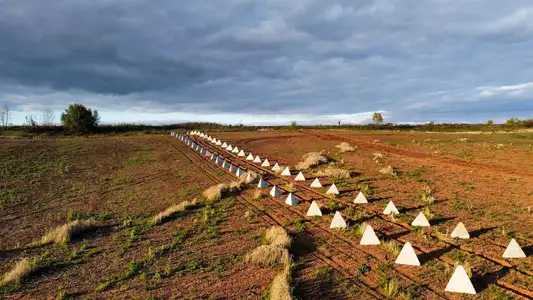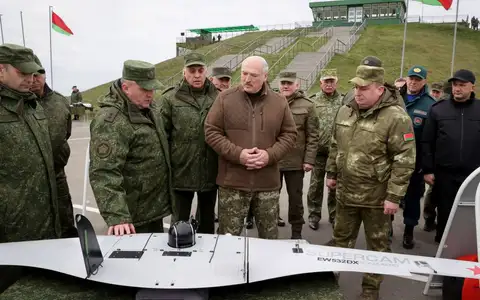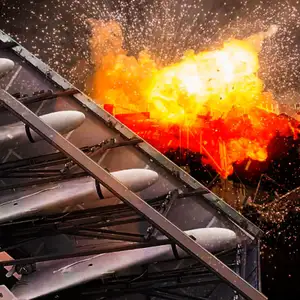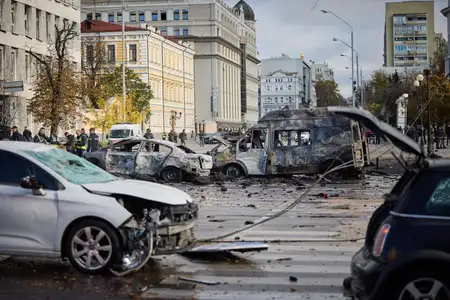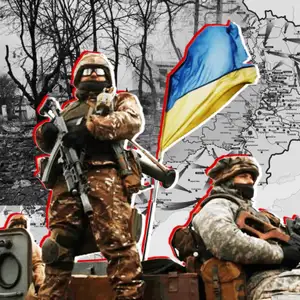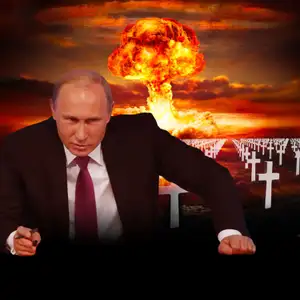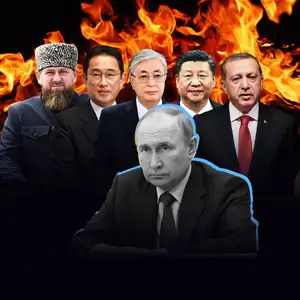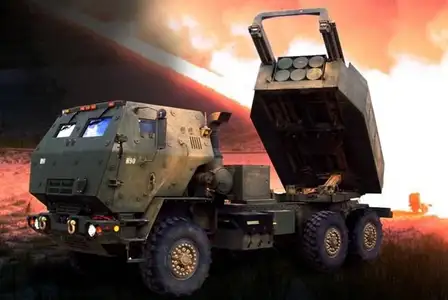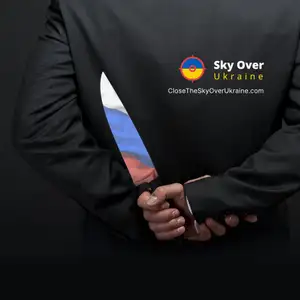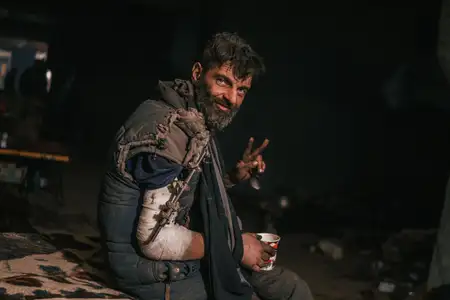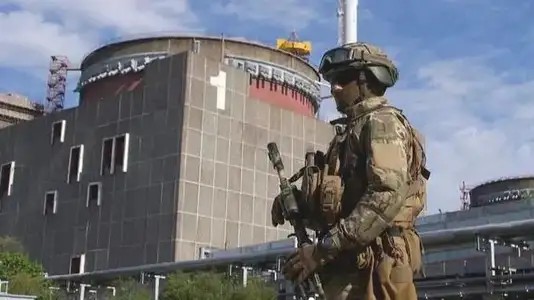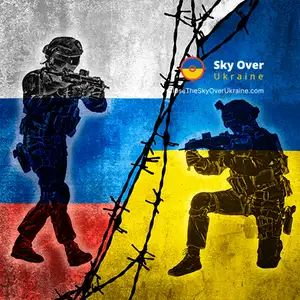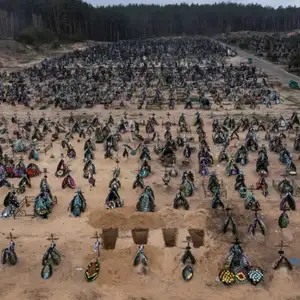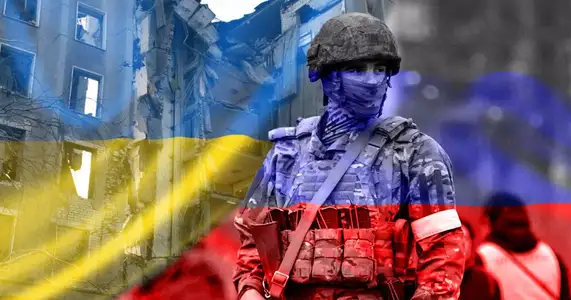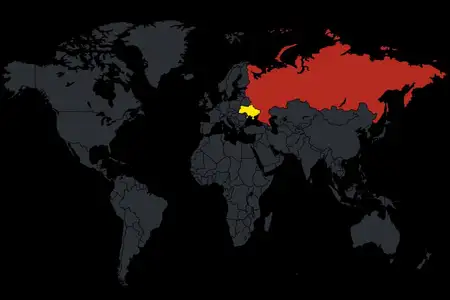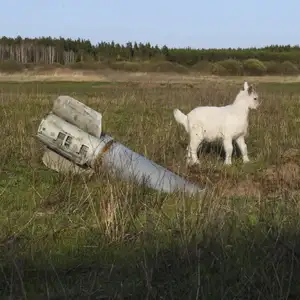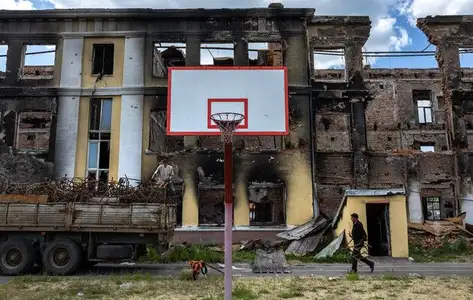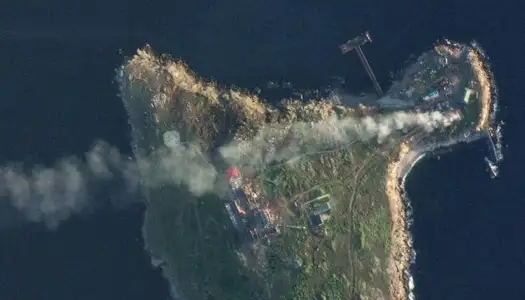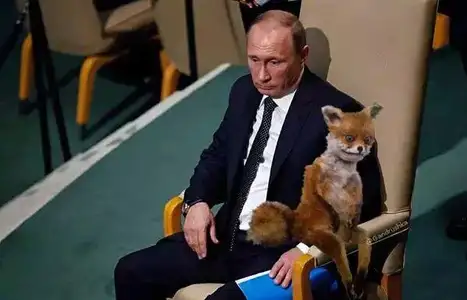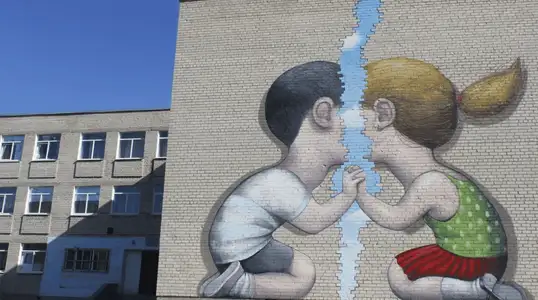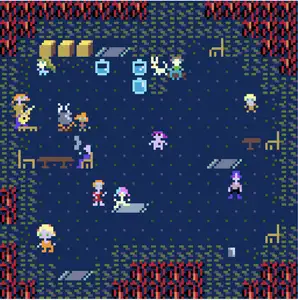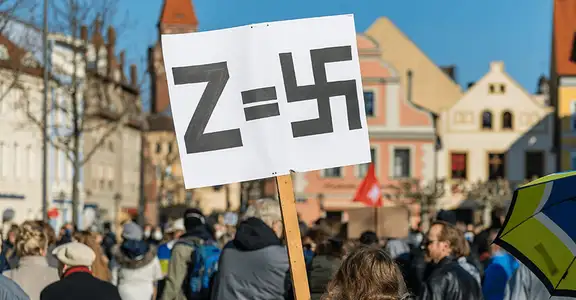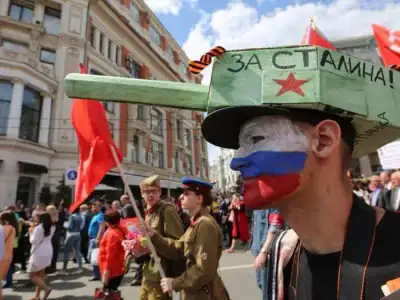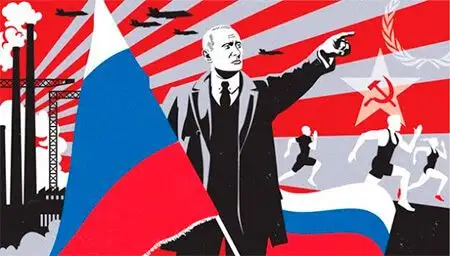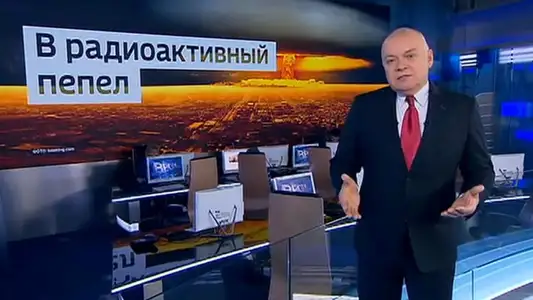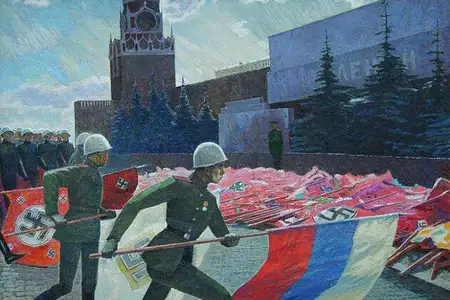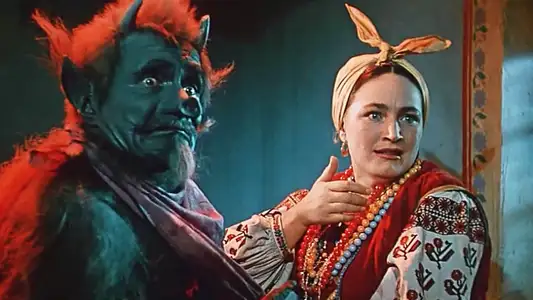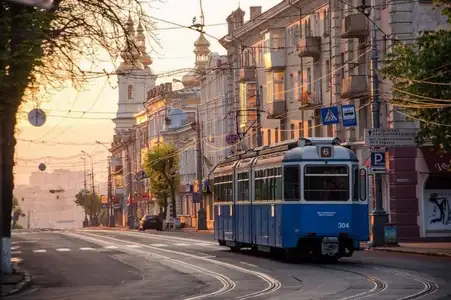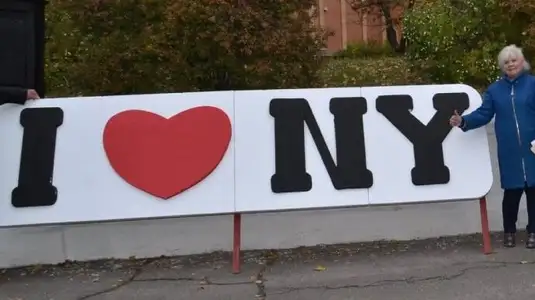Interview with Free Ingria movement
Free Ingria
Here is a next interview in our series about Russian separatists. Our respondent is Sergey Kusheev, representative of the Free Ingria movement.
Journalist – Serhii Kolomiiets, Sky Over Ukraine
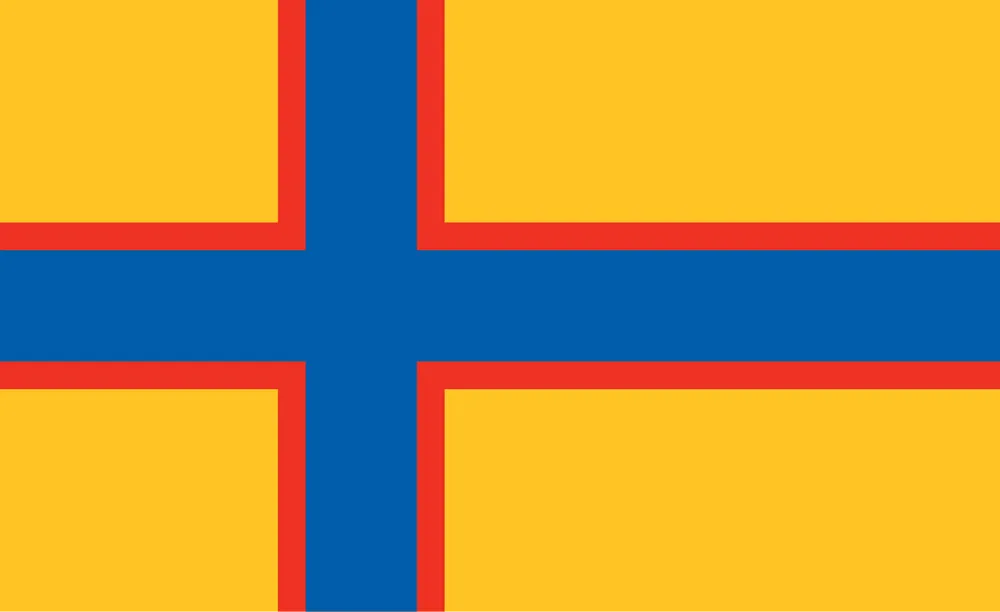
Ingria, or Ingermanland, is a historical region of Russia that includes the territories of the Leningrad Region, the Republic of Karelia and a small part of Estonia. Finno-Ugric peoples – Karelians, Vodians, Vepsians, Izhora, and Muroma – have lived on these lands since ancient times. These are peoples with ancient history and original culture. In the 20th century the culture of these peoples was actually destroyed under the influence of "Great Russian" language and literature.
Nowadays there are only very few representatives of these nationalities left, but a movement supporting the national consciousness of the inhabitants of the region has existed for a long time.
Since the beginning of Russia's full-scale war against Ukraine, the "dormant" separatist movements in Ingria have awakened. Thus, the organization Free Ingria appeared. Information about it is in our interview with Sergey Kusheev.
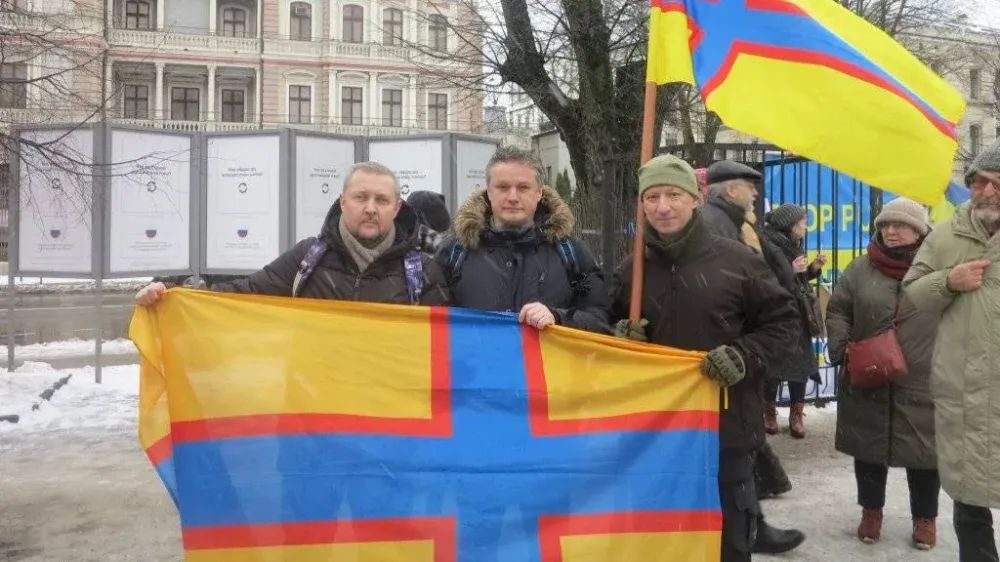
- What is the main goal of the movement? The dissolution of Russia, the creation of Ingria as an independent state, or something else?
- The goal is to create a state, but personally I don't see the point in creating another state like the others with their shortcomings. The idea is creating a unique state in which the principle of unconditional recognition of everyone's right to life will be fundamental; this means that everyone, regardless of their national or religious affiliations, has the right to life without any derogations.
For example, according to the Convention on Human Rights and Fundamental Freedoms, the right to life is not unconditional, and a person can be deprived of this right in certain cases. If the right to kill in the course of "lawful hostilities" can still be somehow fit into some moral boundaries, then, for example, deprivation of the right to life as a result of the obligation to defend the country, in my opinion, has no reasonable justification. That is why the draft Constitution of Ingria prohibits having an army and participation in military alliances and military agreements. In essence, we are talking about complete neutrality.
- What other anti-government organizations do you cooperate with?
- If we are talking about cooperation within the framework of the creation of the state of Ingermanland, then with none.
- What active steps do you take to achieve your goals?
- Now the normative framework is being created (Constitution, laws, etc.) and documents for international recognition are being adopted.
The first step is the ratification of international conventions. As of today, the Convention on Human Rights and Fundamental Freedoms with protocols, but with a reservation (provisions that contradict the unconditional right to life are not accepted), the Convention on Road Safety, the Convention on Road Signs, the Convention on Diplomatic Relations have been ratified. Ratification of the remaining Conventions is pending.
Conventions are ratified by sending instruments of ratification to the UN, whereas the UN does not have the power to recognize or not recognize states. That is, it cannot say that we do not accept the instrument of ratification because there is no such state. If they say that, they would be performing a legal act of not recognizing a state. However, this is not within the competence of the UN.
The application from the government of the state of Ingermanland to become a member of the UN has also been sent to the UN Secretary General. Naturally, there will be a refusal, because the requirements for acceptance require that five states, including Russia, are not against it, but we will see what the motivation will be.
We have also sent letters with the proposal to establish diplomatic relations with other countries, some of the letters are being prepared.
- What is the support for the movement from the population, especially the indigenous peoples of Ingria?
- It is hard to say, I think today it is still at the level of an idea, which has not yet actually started to be realized, remaining at the level of “kitchen conversations”. Indeed, there are conferences organized by the community, people participate in various events with flags (at rallies, football matches, as a self-defense force in Ukraine, etc.), and there is even a political prisoner, Dmitry Vitushkin, but this does not yet indicate a real political force or any actions for implementation.
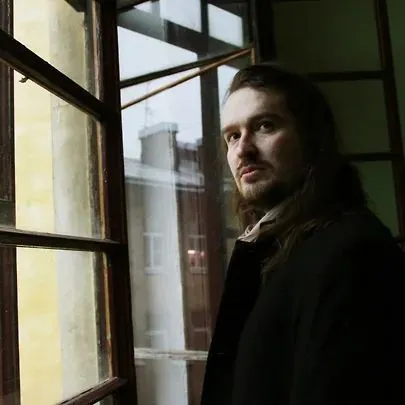
- In your opinion, what could be the main catalyst for the disintegration of Russia? Who could become the leader?
- I suppose the change of power can be a catalyst. A change of power, in which these changes are possible, does not need a leader, the leader only fulfills the representative functions of the elected parliament and, as a consequence, of the citizens. Violent methods, I guess, will have no effect, although they may lead to disintegration.
- Tell us more specifically about your activities in Russia.
- I am a member of the Russian political party Yabloko. I am engaged in human rights activities, mainly in the field of auto law, and was also the chairman of the Vologda city public organization "Parents' Committee". The Yabloko party is the only party in Russia that has officially condemned the annexation of Crimea in 2014 as well as the full-scale war against Ukraine.
As for the participation of Russians in the war on the side of Ukraine, I must say that in general there are many participants from Russia, and, in principle, their goals and motivation are not very different from each other. Among them there are guys from the Leningrad region (actually, from the territory of Ingria), including activists of Free Ingria.
For example, Pavel Mezerin, an active and one of the oldest participants of the movement, a political scientist and former municipal deputy, headed the Free Ingria Platoon within the International Legion of Ukraine.
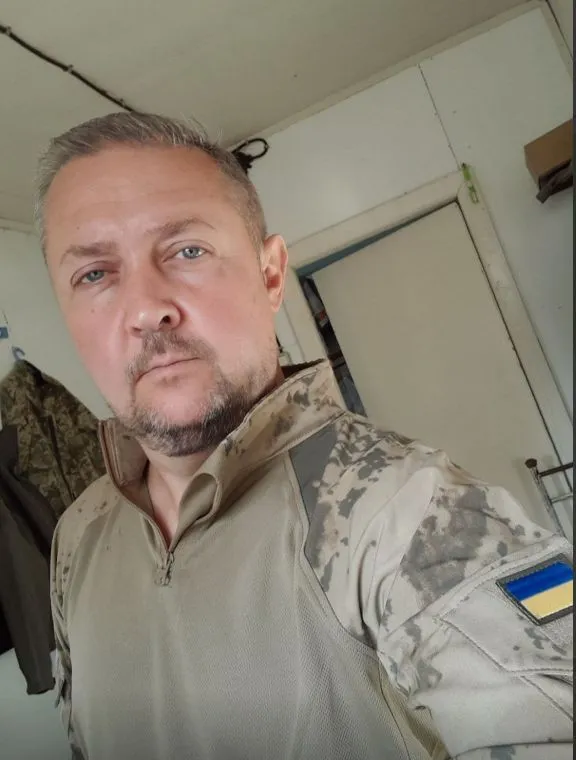
As for my activities, since the first days of the full-scale invasion, I have been advising Russian citizens on how to avoid being drafted into the army and sent to Ukraine to die, and also helping Ukrainian volunteers to find and identify Russian prisoners of war and those killed, cooperating with the team of Volodymyr Zolkin (Ukrainian journalist and activist dealing with the topic of Russian prisoners of war - ed.).
I now live in Luxembourg, and since the beginning of the full-scale war I have been helping Ukrainian refugees. I also offer consultation to Ukrainian refugees in other EU countries. Moreover, I helped several families leave Russia for Europe, including Latvia, Lithuania, and Estonia.
Author - Serhii Kolomiets, 05/12/2023
